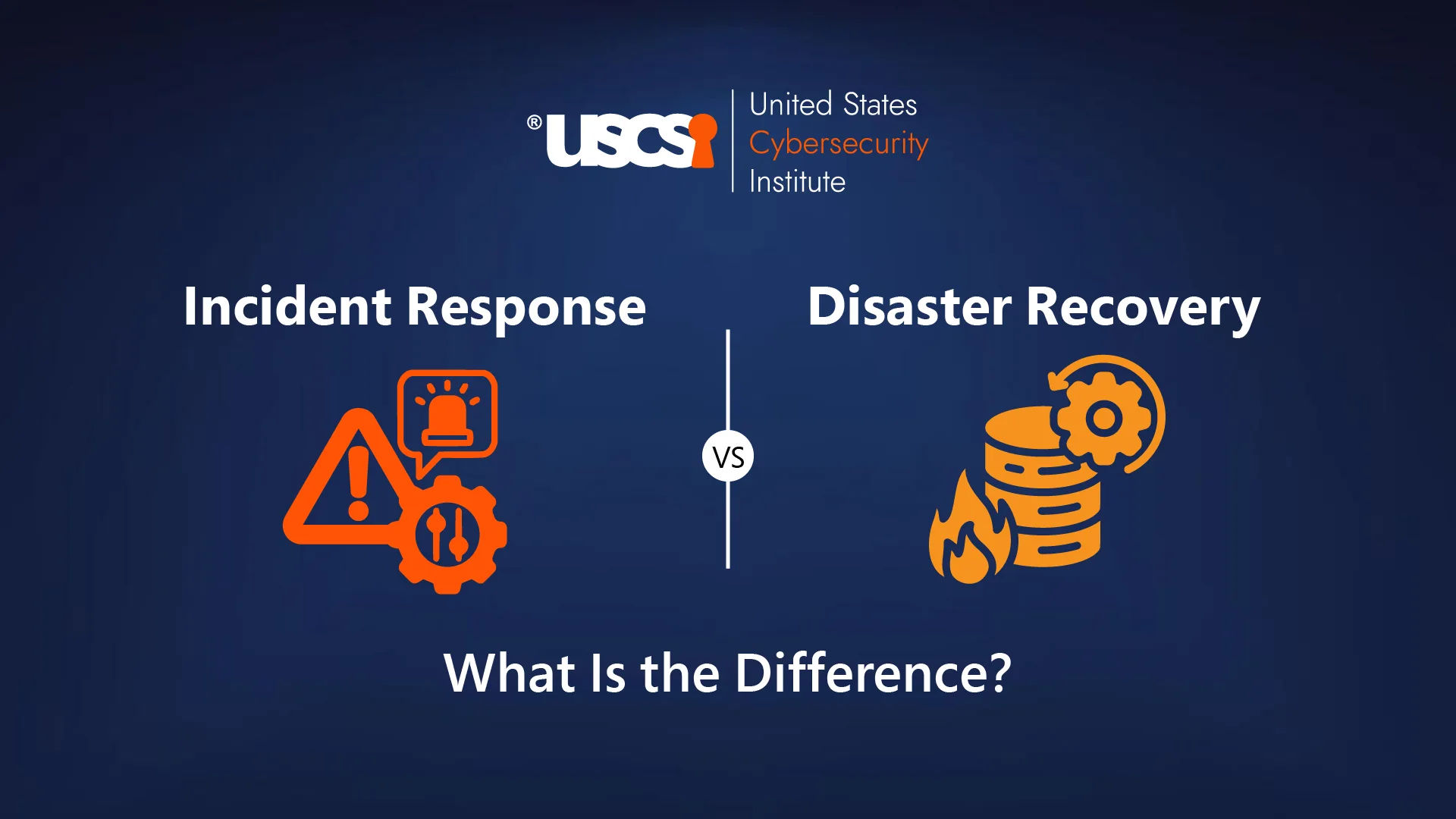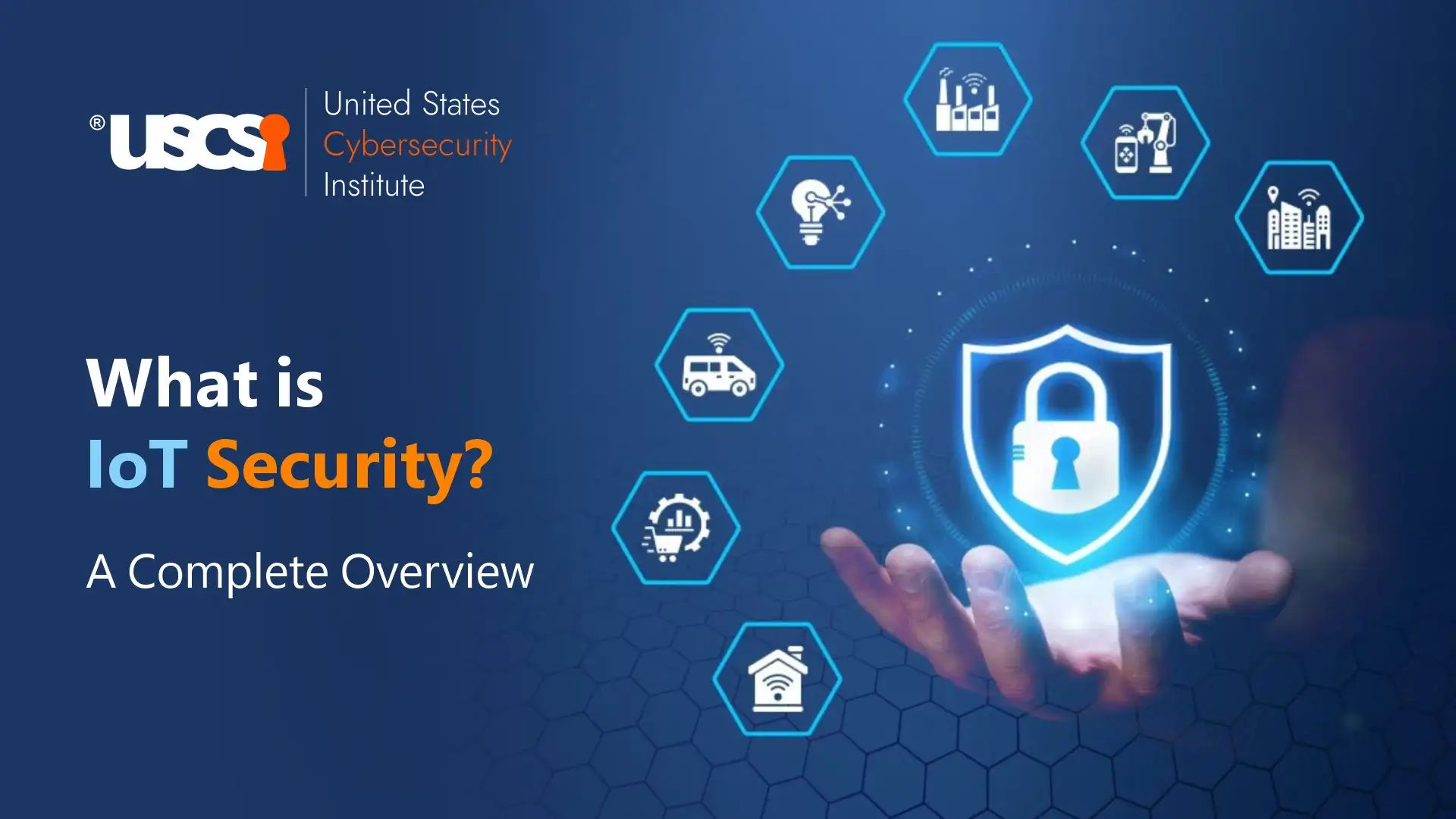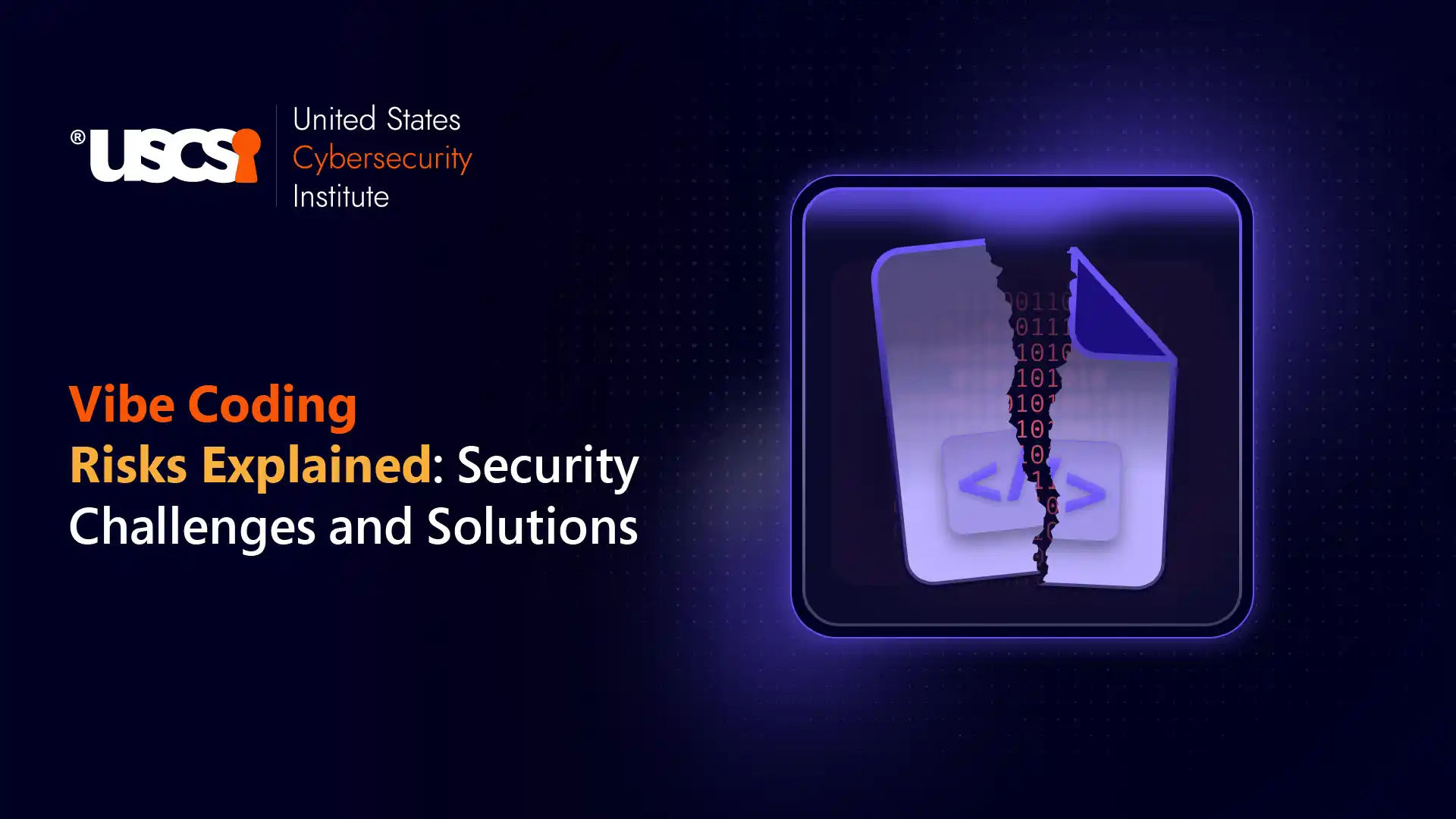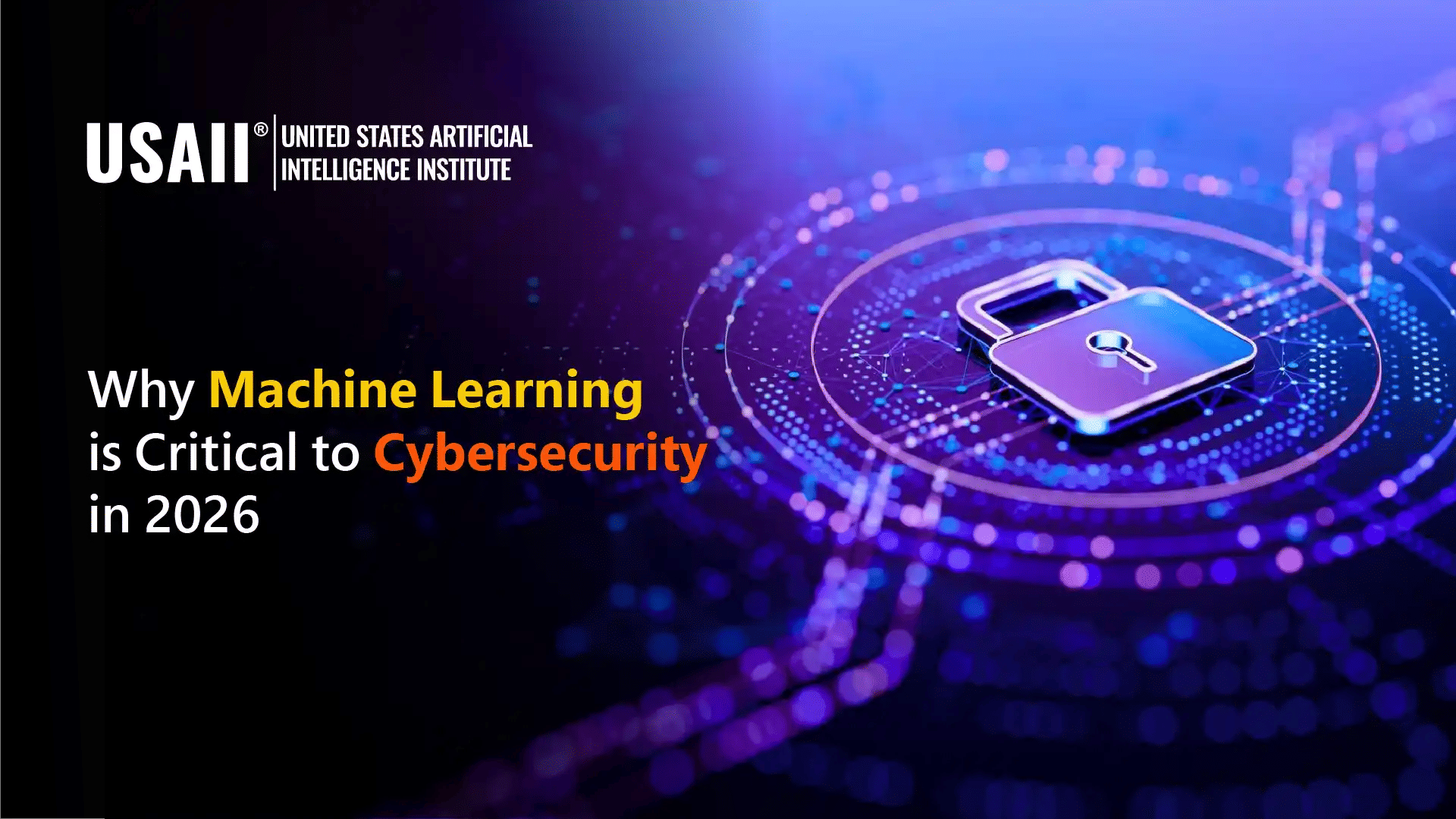

How Cybersecurity Skills Are Transforming Today's Business Landscape?
In the present digital era, businesses of diverse sizes and sectors confront the imminent threat of cybercrime. The mounting frequency and sophistication of cyber-attacks necessitate the elevation of cybersecurity and cybersecurity skills as a core concern. By safeguarding sensitive data, financial resources, and the reputation of organizations, cybersecurity skills assume paramount importance. Moreover, it is crucial to recognize that in this era, data reigns supreme, permeating, and exerting influence over every work domain.
Businesses face significant vulnerabilities primarily from cyber incidents such as outages, data breaches, and cyberattacks. Given the potential impact on a business's finances, stability, and reputation, it becomes imperative to take proactive measures by enhancing the cybersecurity skills of firms to prevent such incidents.
To effectively counter the dynamic landscape of threats, businesses must rely on cybersecurity professionals with exceptional skills in cybersecurity careers to implement resilient security measures and rapidly address potential breaches. It is critical to understand the practical and highly effective tips for fortifying your business against cybercrime. Allow us to highlight the significance of cybersecurity skills in today's evolving business landscape and offers insights on how organizations can cultivate a proficient cybersecurity workforce possessing credible cybersecurity certifications to counter these challenges successfully.
The Expanse of Cyber Threat
From data breaches to phishing attacks, ransomware, and malware, cybercrime manifests in various forms, each capable of wreaking havoc on businesses. The ramifications can be severe, including profound financial losses, significant harm to reputation, and even legal consequences. Considering these high stakes, organizations must adopt a proactive approach to cybersecurity, emphasizing the development of a skilled workforce capable of mitigating the risks inherent in cybercrime.
- Phishing: A common cybercrime where individuals are contacted through email or phone by imposters pretending to be legitimate contacts, aiming to deceive victims into providing sensitive data. This can lead to identity theft, payment fraud, and severe financial consequences.
- Malware: Harmful software created by hackers to steal data or disrupt systems. Types include ransomware (encrypts data and demands payment for access), viruses (spreads through downloaded files), and spyware (secretly leaks confidential information to hackers).
- Viruses: Malware attached to documents that spread upon downloading, rendering the computer unusable.
- Spyware: Covert software that collects and transmits sensitive information to hackers, enabling theft of financial and personal data without system lockdown.
Role of Cybersecurity Skills
In the face of an increasingly dangerous cyber landscape, businesses must recognize the indispensable value of cybersecurity skills in safeguarding their digital assets and infrastructure.
Cybersecurity professionals powered by credible cybersecurity certification possess the necessary knowledge and proficiencies to;
- detect vulnerabilities,
- enact preventive measures, and
- swiftly respond to any security incidents that may emerge.
By cultivating a skilled cybersecurity professional, organizations can:
- Anticipate and Defend Cyberattacks
- Timely Incident Detection and Response can promptly detect and respond to security incidents when faced with a cyber-attack.
- Meeting Regulatory Obligations assists in ensuring compliance by implementing security controls and protocols that align with industry-specific requirements.
- Fostering Employee Cybersecurity Awareness by educating employees about potential threats and equipping them with best practices for maintaining a secure digital environment. Skilled cybersecurity professionals can develop and deliver training sessions to inform employees of phishing attacks, password hygiene, and social engineering techniques.
Building a Skilled Cybersecurity Workforce
Organizations can build a skilled cybersecurity workforce by actively engaging with industry associations, participating in cybersecurity forums, and collaborating with educational institutions. This approach enables organizations to attract top talent and establish a strong pipeline of cybersecurity professionals with the requisite cybersecurity skills.
1. Continuous Talent Pipeline
Building a skilled cybersecurity workforce requires a continuous talent pipeline. Organizations can partner with educational institutions, such as universities and colleges, to create internship programs, offer scholarships, and provide mentorship opportunities.
2. Hands-on Training and Simulations
Practical, hands-on training and simulations provide invaluable experience for cybersecurity professionals. Organizations should invest in cyber-range environments or conduct simulated exercises replicating real-world scenarios. Organizations should also provide ongoing training programs, workshops, and certifications to enhance their employees' cybersecurity skills. This can include specialized training in cloud security, incident response, secure coding, and vulnerability management; thereby fostering a culture of continuous learning and improvement.
3. Collaboration and Knowledge Sharing
Encouraging collaboration and knowledge sharing among cybersecurity professionals can significantly enhance their skills and capabilities. Organizations should foster a culture of teamwork and create platforms for information exchange, such as internal forums, communities of practice, or mentorship programs.
4. Retention and Recognition
Retaining skilled cybersecurity professionals is paramount for an organization's long-term security and stability. Organizations should provide competitive compensation, performance-based incentives, and robust opportunities for career advancement. Recognizing and rewarding cybersecurity achievements can boost employee morale and motivation.
Conclusion
The interconnected nature of today's world necessitates businesses to prioritize cybersecurity skills to effectively shield their digital assets and establish a secure operating environment. Creating a competent cybersecurity workforce is vital to counter cyber risks and facilitate organizational growth, maintain operational resilience, and foster a sense of trust.
Organizations can fortify their defense against cybercrime, pre-emptively prevent attacks, swiftly identify, and address incidents, ensure regulatory compliance, and educate employees on optimal cybersecurity practices by investing in a competent cybersecurity workforce. Building a skilled cybersecurity workforce requires a strategic approach that includes recruitment, training, collaboration, and retention initiatives. By prioritizing cybersecurity skills, businesses can safeguard their data, reputation, and financial well-being in an increasingly hostile digital landscape.





